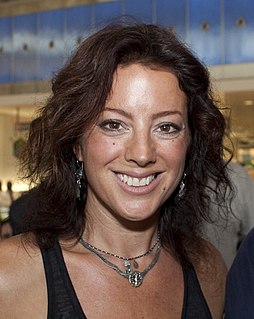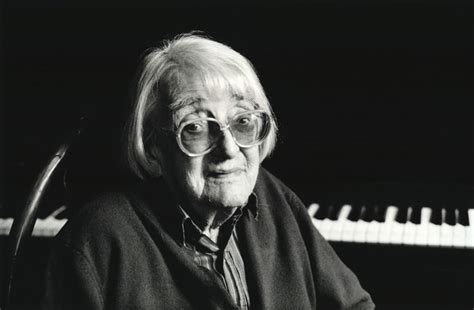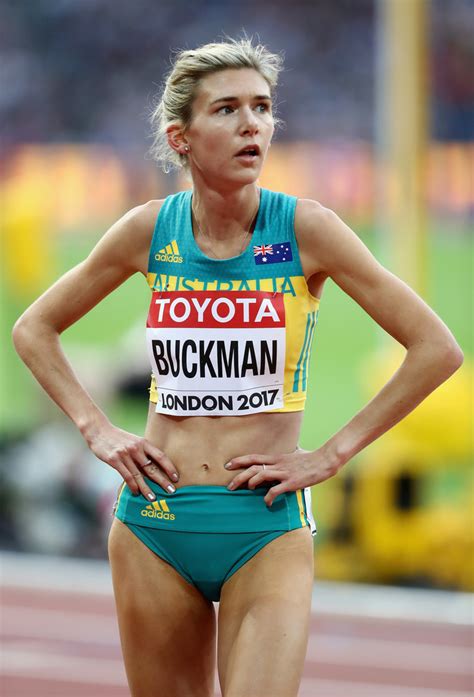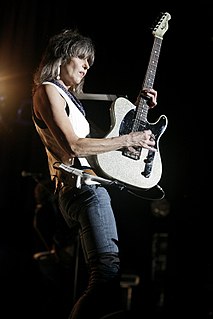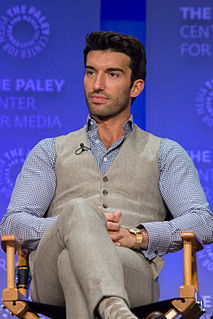A Quote by Sarah McLachlan
I was put out there as a spokesperson for the new feminist revolution. It was very difficult because I was either too feminist or not feminist enough, depending on who you spoke to.
Related Quotes
A lot of women seem to have a similar attitude, - 'I'm not a feminist' - and it gets wearying. What's wrong with being a feminist? I'm proud to be a feminist. It's been one of the most positive things in my life. It's one of the best traditions there is. It's admirable to be a feminist and to stand up for one's sex, to fight against inequality and injustice and to work for a better society.
I am a feminist - I just think the label reflects my beliefs - but, you know, we say 'Rookie' is a website for teenage girls, not a feminist website for teenage girls. That's not because I'm not proud to call myself a feminist, but when you're calling attention to a project, you can very easily be pigeonholed by choosing certain identifiers.
The word 'feminist' is a word that discriminates, and I'm not into that. I don't think there has to be a separation in life in anything. [...] Labels are for other people to understand us, so for me, I know how I feel and I don't need to call myself a 'feminist' or 'not a feminist' because I know what my truth is.
For a lot of women who don't go to college, or for a lot of women who aren't in New York or D.C. or someplace where there's like a large feminist organization they can get involved in, they may be doing feminist work, right, like locally or with a grassroots organization or in their own lives, but if they don't have that support system and if they don't have that availability to feminist language, I think we're missing out on something.
I was always a feminist. My mother was a feminist; my grandmother was a feminist. I always understood women had to fight very hard to do what they wanted to do in the world - that it wasn't an easy choice. But I think the most important part is that we all want the right to be taken seriously as human beings, and to use our talents without reservation, and that's still not possible for women.
